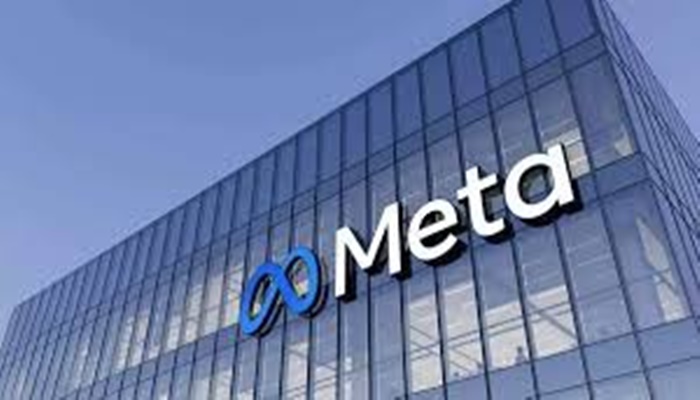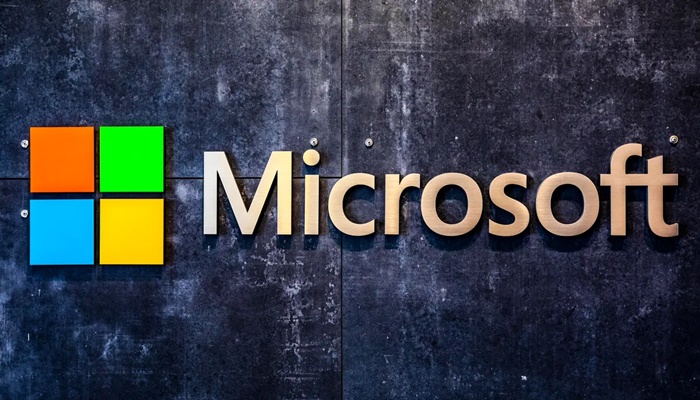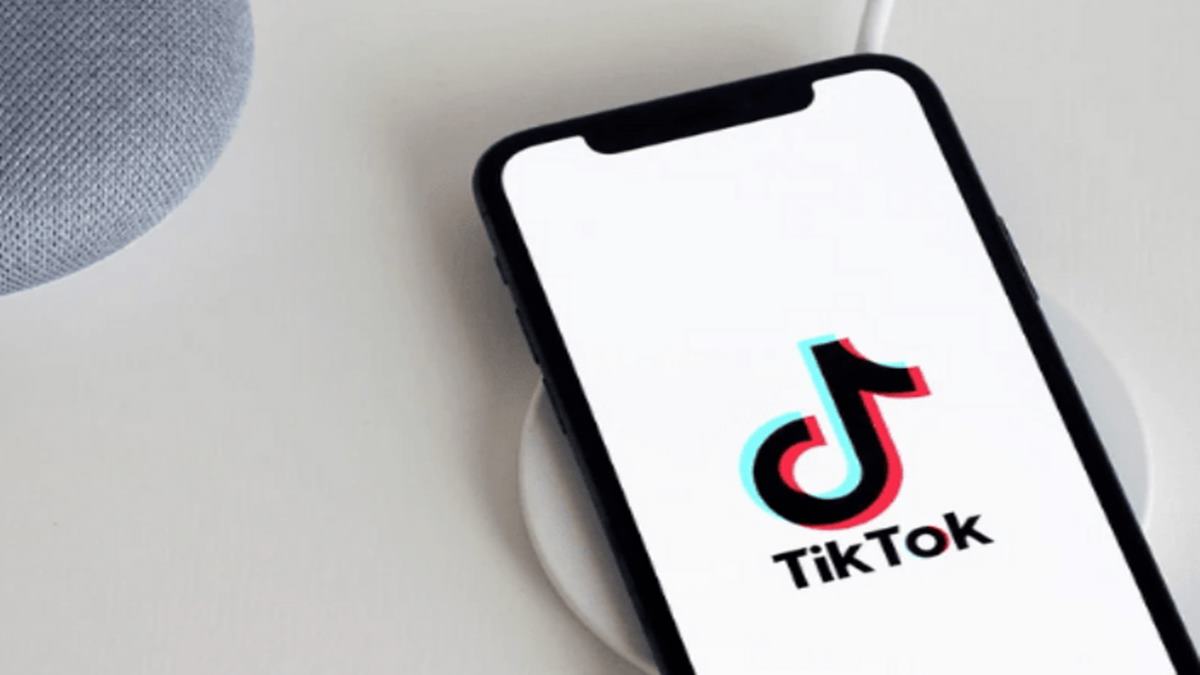The Trump administration is weighing a new $1,000 fee for tourists and other non-immigrant visa applicants who seek to expedite their interview appointments — an option that would offer faster access but at a steep cost.
While this premium service proposal signals an aggressive push to prioritise high-paying applicants amid ballooning visa backlogs, internal government lawyers have already flagged potential legal hurdles. According to reports the system could debut as early as December in a pilot phase.
According to a memo dated May 17, drafted by Trump campaign policy advisers, the expedited appointment system would target B1 and B2 visa categories — covering business and tourist travel, respectively. The intent is to alleviate long-standing delays at US consulates by offering a premium track for those who can afford it.
Wait times for visa interviews can currently stretch from several months to over a year, depending on the country. While the premium system would not shorten the queue for all applicants, it would create an alternative path for expedited interviews. The $1,000 premium would be charged in addition to the standard $185 non-refundable application fee.
Importantly, the memo notes that eligibility standards and application requirements would remain unchanged. The expedited service would simply advance the applicant’s place in the interview queue without affecting the review process.
Although the State Department has yet to implement the plan, it remains under active consideration. Applicants are advised to continue following the current visa process until any official changes are announced.
In fiscal year 2023, the State Department issued 10.4 million non-immigrant visas, including 5.9 million tourist visas. Yet, amid growing backlash to Trump’s policies and the rising value of the U.S. dollar, the World Travel and Tourism Council forecasts a 7% drop in international travel spending to the United States in 2025.
The proposed $1,000 fee, previously undisclosed, comes after another Trump-era offer that includes a “gold card” initiative — an offer to grant US citizenship to those able to pay $5 million. Together, these measures reflect a transactional approach to immigration and travel access.




















